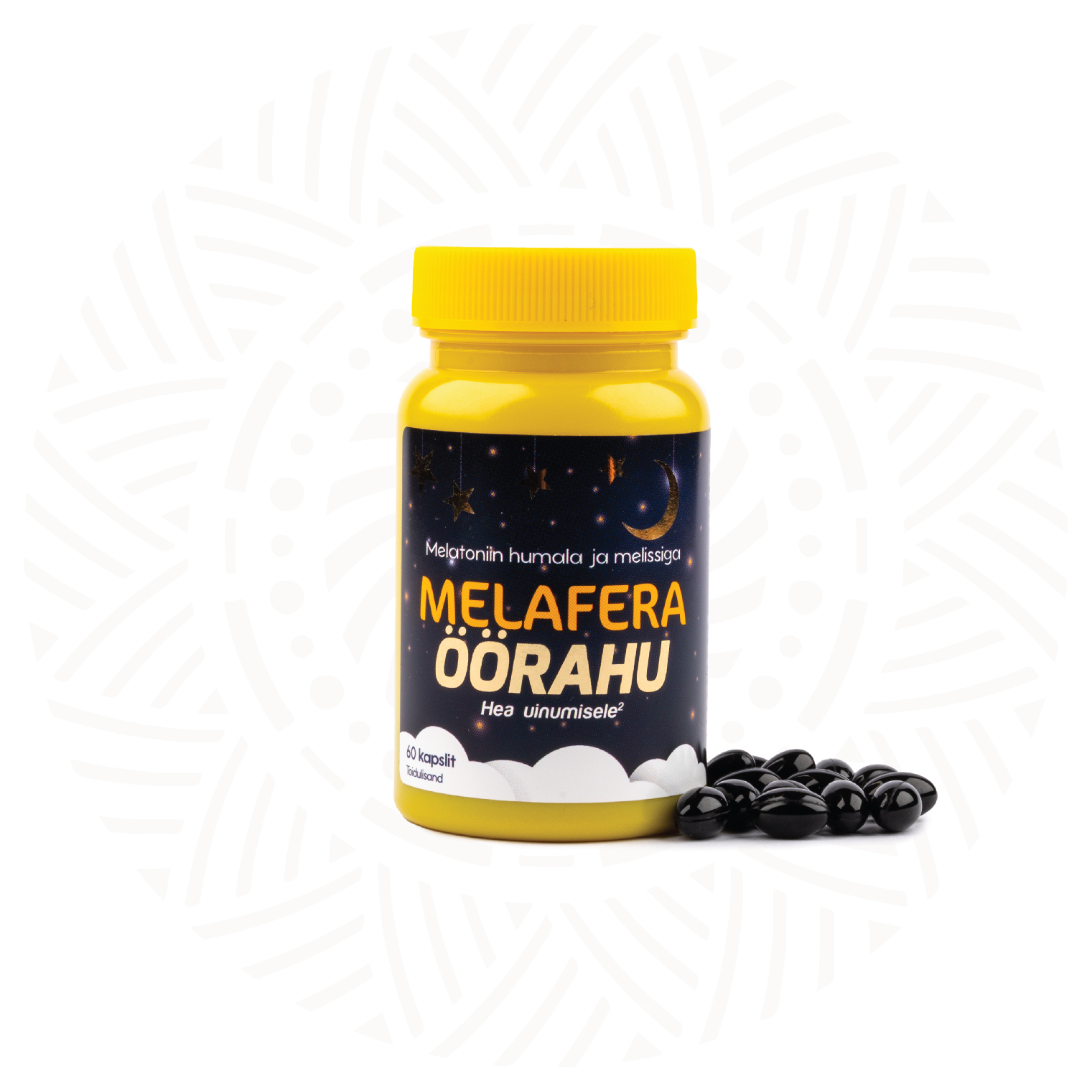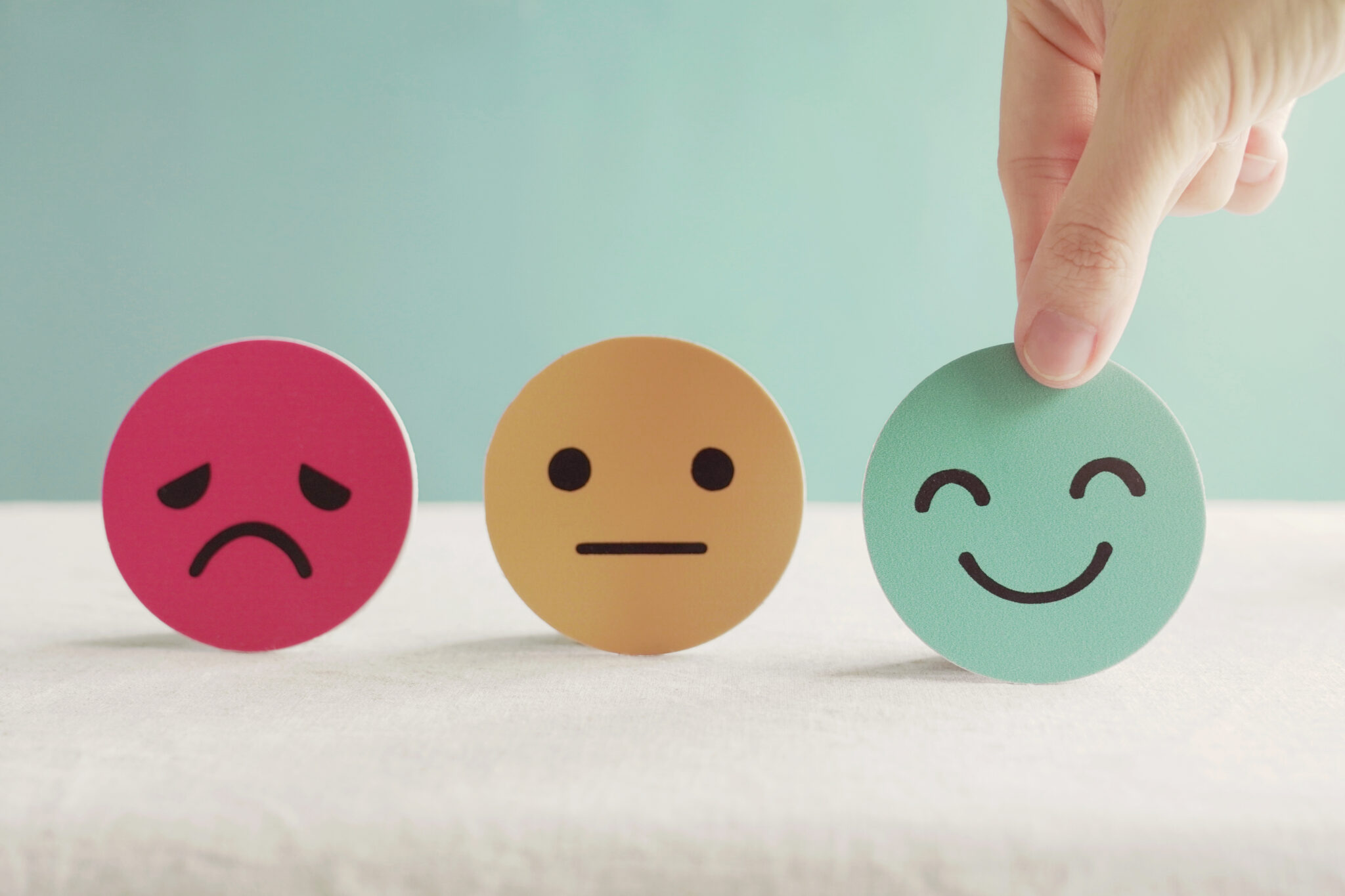You lie down in bed, but you can’t fall asleep. The events of the day keep spinning in your head, and you already hear the relentless ringing of the alarm. After lunch, you feel sleep taking over, and concentrating on work seems like an uphill battle. You dream only of the workweek passing quickly and a long morning sleep on the weekend. Does this sound familiar? Fortunately, you are not alone.
The same problem affects a third of our fellow citizens who suffer from sleep disorders:
- Difficulty falling asleep
- Frequent nighttime awakenings
- Chronic insomnia
The quality of sleep determines our mental and physical health, as sleep restores our nervous system and muscle function. The better we rest, the healthier we are in every way.
Often, we pay too little attention to sleep-related problems, making excuses like a stressful time at work, school, a hectic day, dark autumn months, spring fatigue, etc. At the same time, we create a false illusion that once everything settles down, we will finally get enough rest, postponing the solution to the problem.
Such behavior can lead to chronic insomnia, which can last for years and requires strong self-discipline and often professional intervention to overcome. According to sleep specialists, chronic insomnia can develop within just a couple of months.
To avoid long-term sleep problems, it is essential to recognize that during periods of fatigue, stress, or illness, we must allow ourselves enough rest to recover mentally and physically.
Moderate physical activity can significantly improve sleep quality when experiencing mental strain. On such days, it is also wise to limit late-night screen time, as the blue light emitted by screens disrupts our natural ability to regulate our circadian rhythm. Blue light keeps our minds alert and our brains active.
In contrast, dim light increases the production of the hormone melatonin, which regulates the body’s biological clock.
Avoid consuming stimulating drinks and heavy foods in the evening. If you feel tired, opt for a calming warm tea. For a stressful day’s end, lemon balm and valerian are excellent choices.
A great helper in this case is melatonin-containing supplements. Melatonin reduces the time it takes to fall asleep by slightly lowering body temperature and decreasing alertness. This is how your body naturally prepares for sleep every day.
The best solution for a stressful and exhausting day is a deep and restful sleep. After a night of deep and refreshing sleep, you will wake up feeling energized, well-rested today rather than waiting for the weekend!
Stay refreshed and energetic!










